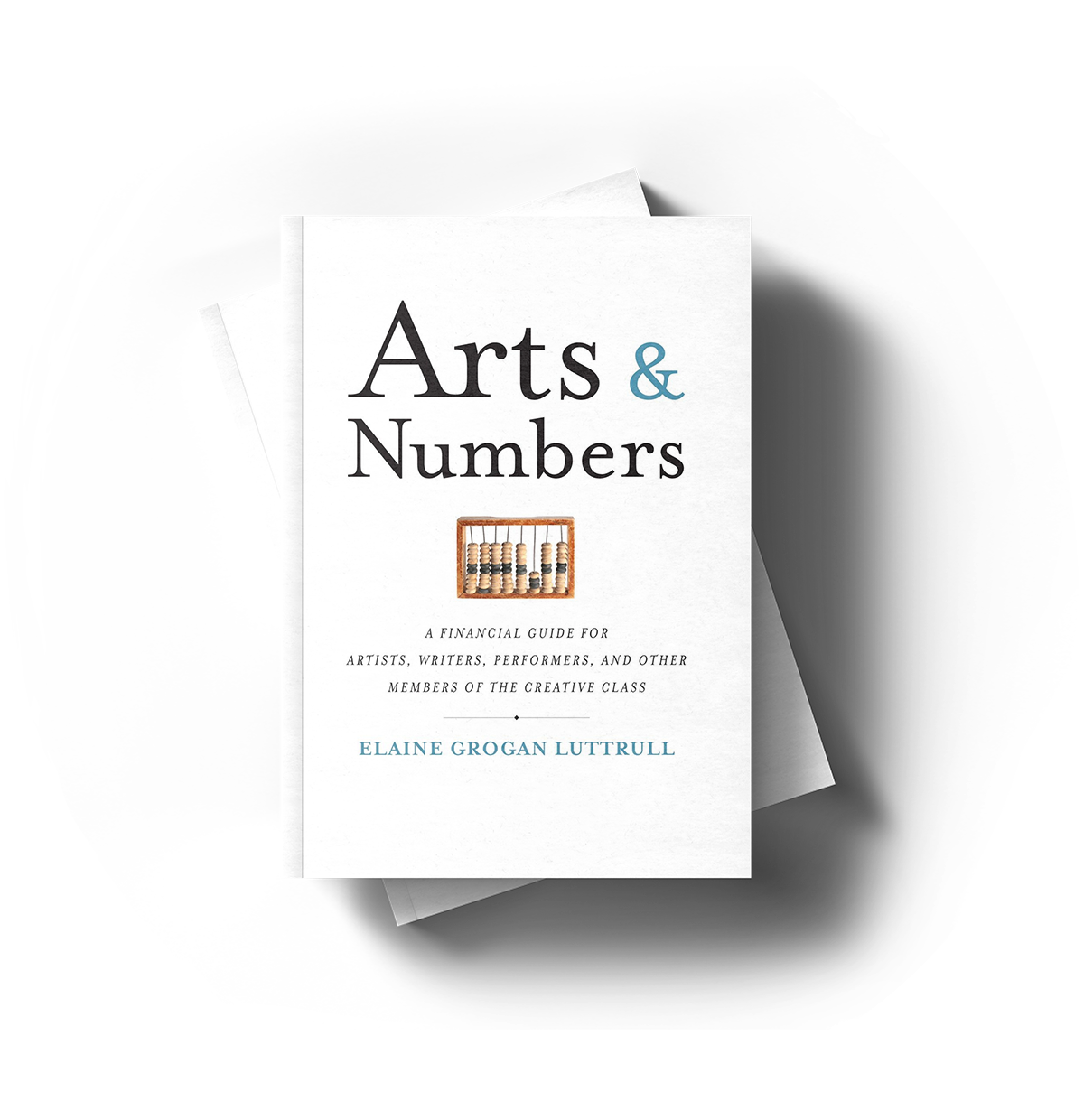April 27, 2015 • Curriculum

It’s no secret that I love Kinfolk, the quarterly mindfulness magazine I discovered last year, thanks to a well-informed brother and his even more well-informed wife. This quarter’s edition — The Entrepreneurship Issue — is full of underlines, dog-eared pages, and my own written exclamations (“Use this for Oodles project,” “Great to add to time management lecture,” and even “Sounds like Walter Mischel.”)
But one point kept resonating with me: It’s the little things.
I love having this reminder, especially now, as the spring weather encourages outdoor indulgences (bike rides, grilled dinners, bourbon on the side porch) and the flurry of activity gives little time for reflection. Commencements! Open houses! Dance recitals! Awards dinners! Fundraising events! Running from activity to activity without pausing to appreciate — really appreciate — each one is a recipe for a “busyness” disaster.
So how to incorporate this? I have no idea. But minds more brilliant than mine shared some words of wisdom, and I collected their musings below (with a bit of my own editorial).
First…
First, we can remember that part of being entrepreneurial is doing work that supports — rather than is — what we really want to be doing: Those dreaded administrative tasks and even those (dreaded?) community events.
We can embrace those tasks and plan accordingly for them. I advise creative entrepreneurs that upwards of 50% of their time will be spent doing administrative tasks, rather than whatever it is they really want to be doing. Scott Belsky of Behance thinks it should be more. In fact, not planning for these administrative tasks is what he cites as “simple mistakes entrepreneurs make when trying to grow their businesses.”
Young creatives often forget that 50 percent of their job is marketing.
–Scott Belsky in Kinfolk, Vol. 15, pp. 125
Next…
Next, we can remember to plan for a pause.
Instead of simply reading the school’s newsletter yesterday, my daughter and I added staple art to it. A row of staples become a caterpillar with a matador tail and googley eye antenna. A few well-placed scribbles around a lone staple turned it into a duck’s bill (complete with an exclamation to avoid artistic ambiguity: “Quack”).

This found time, this dithering time, this precious time spent giggling in pajamas at the kitchen table, is one of those little things that make life worth living.
Finally…
Finally, we can remember the little things in the context of their greater purpose: Planting tulip bulbs in the fall; acknowledging those we see regularly; offering kindness to strangers; incorporating pride and accomplishment into the task of updating our websites.
Alain deBotton of The School of Life sums this point up nicely in response to the question “How can people maximize the pleasure in their work?”
To realize that any task, however mundane, carries with it opportunities for the good things in life: perfection, kindness, precision and beauty.
–Alain deBotton in Kinfolk, Vol. 15, pp. 132
If my students and clients remember nothing else from their time with me, I hope they remember the little things: the administrative time tricks, the empowerment, the legos and play doh. Everything we do — connected with commencement, new opportunities, failures, growth, and change — can be great, if we only pause to appreciate the greatness.


